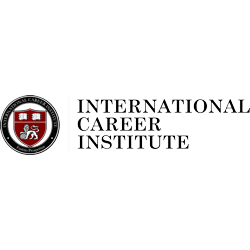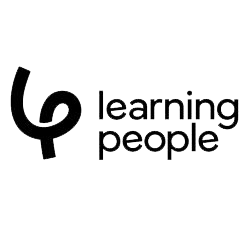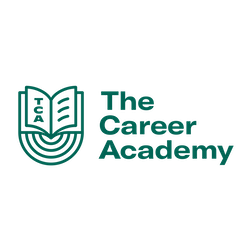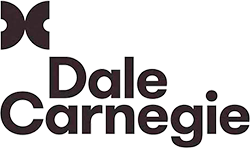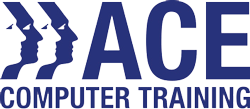Popular Courses
Popular Subjects
- Accounting
- Administration
- Aged Care
- Animal Care
- AWS
- Azure
- Beauty
- Bookkeeping
- Business
- Business Administration
- Busness Adminstration
- Change Management
- Child Care
- Cloud Computing
- Coding
- Community Services
- CompTIA
- Conservation & Land Management
- Counselling
- Culinary Arts
- Culinary Arts|Hospitality
- Cyber Security
- Data Science & Analytics
- Dental Assisting
- Design
- Digital Marketing
- Digital Media
- Ecommerce
- Education
- Event Management
- Excel
- Fashion Design
- Graphic Design
- Hairdressing
- Health
- Horticulture
- Hospitality
- Hospitality & Tourism
- Human Resources
- Interior Design
- IT
- Journalism
- Leadership
- Legal
- Life Coaching
- Logistics
- Management
- Marketing
- MBA
- Mental Health
- MYOB
- Networking
- Nursing
- Nutrition
- Payroll
- Personal Training
- Pharmacy
- Photography
- PMBOK
- PRINCE2®
- Programming
- Project Management
- Psychology
- Public Relations
- Real Estate
- Religious Studies
- Retail
- Sales
- Small Business
- Software Development
- Sports & Fitness
- Systems Administration
- Technical Support
- Travel
- Veterinary
- Web Design
- Web Development
- Xero
